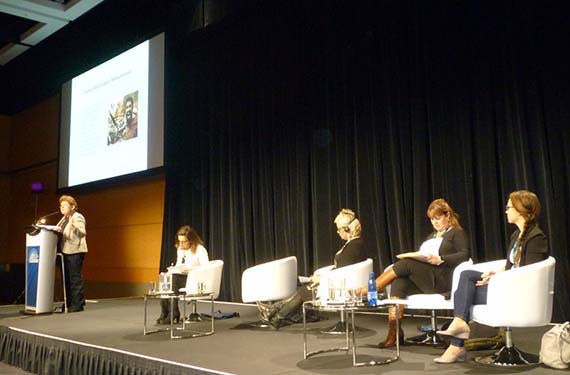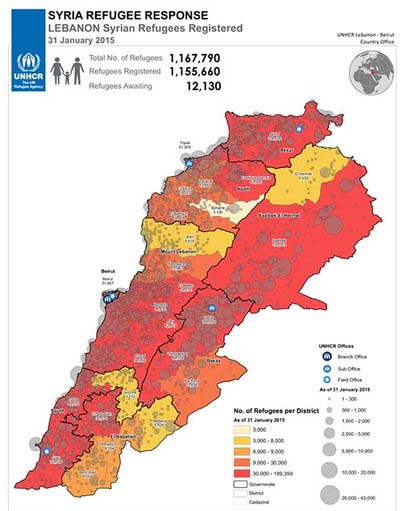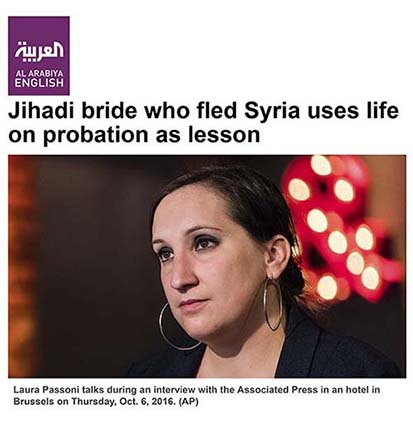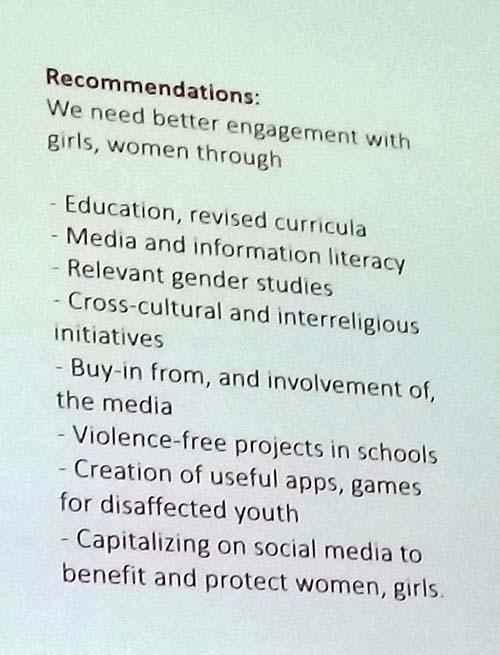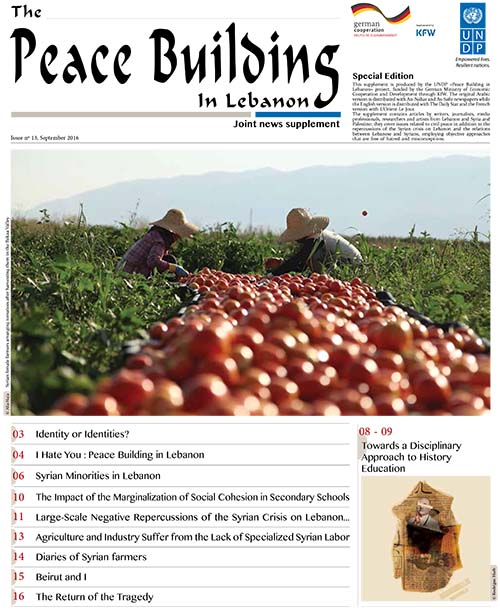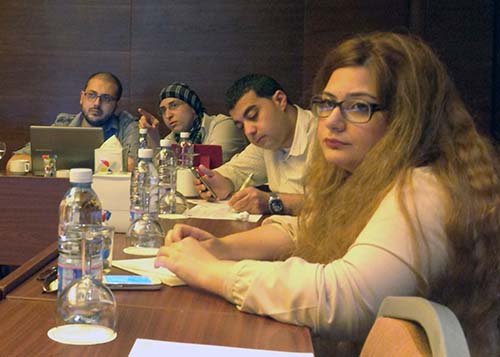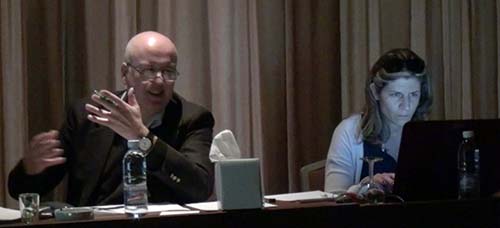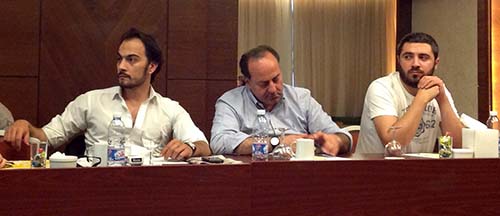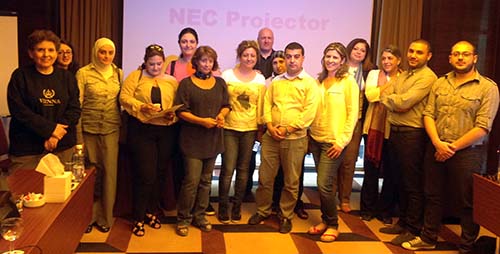International organizations and government officials are paying attention to the need for collaboration with media on the migrant/refugee crisis to mitigate a rising tide of xenophobia egged on by false and toxic reporting.
The International Center for Migration Policy Development (ICMPD), partnering with the European Union (EU), Euro Mediterranean Migration IV (EMM4) and the government of Malta, organized the “Director General Conference: Balancing the Narrative on Migration, The Role of Media and Policymakers” in Valetta in June 2017 aimed at balancing the narrative on migration.

Narrative on migration and media conference
Topics included a panel on the role of the media and migration reporting in informing the public during which Media Unlimited director Magda Abu-Fadil presented a Lebanese social media case study of politics, sectarianism, xenophobia, hate speech, a counter-narrative, and, pushback from maligned parties.
The conference grouped policymakers, media representatives and academics who discussed how media and different stakeholder groups, including policymakers, communicate on migration, how the media gather, use and convey migration-related data, and how this ultimately influences the narrative and public opinion on migration.

Magda Abu-Fadil presents Lebanese social media case study
Abu-Fadil also spoke of the importance of promoting critical thinking, and reinforcing awareness to combat online hate speech and fake news against migrants and refugees through media, information and news literacy.
Organizers, along with Open Media Hub hosted in Valetta the first Migration Media Award for journalistic excellence on migration in the Euro-Mediterranean region. It’s an EU-funded journalism competition for which Abu-Fadil served as one of the judges.

Migration Media Award recipients and judges
It recognized 35 journalists from 16 countries for their journalistic excellence in reporting on migration in the Euro-Mediterranean region.
Abu-Fadil handed the first prize in the print category to Moroccan journalist Salaheddine Lemaizi for his winning entry “Right to Asylum: What to do with Syrian Refugees?”

Abu-Fadil hands Migration Media Award to Salaheddine Lemaizi
The winning entries featured fact-based and impartial reporting on the complexity of migration, its many challenges and opportunities.

